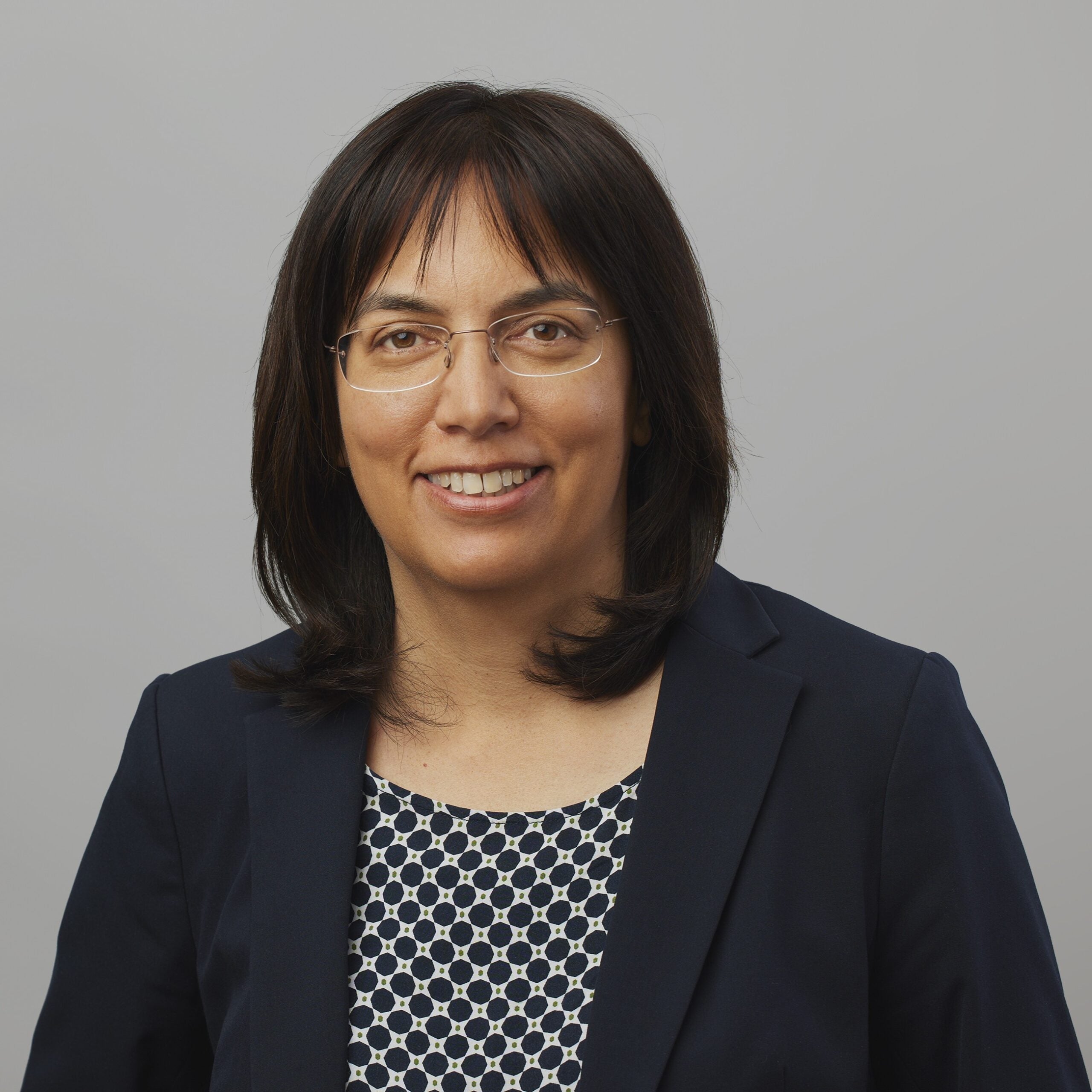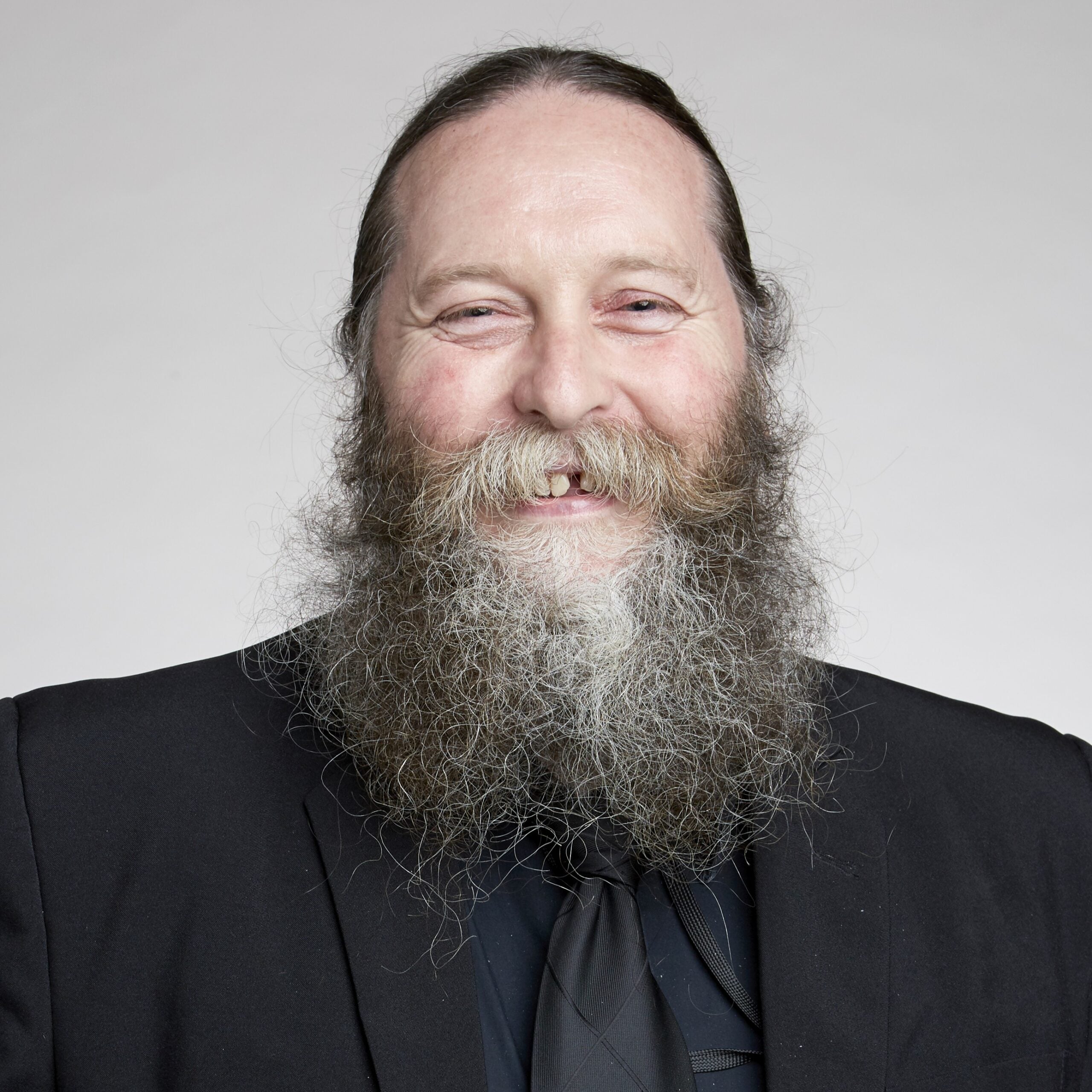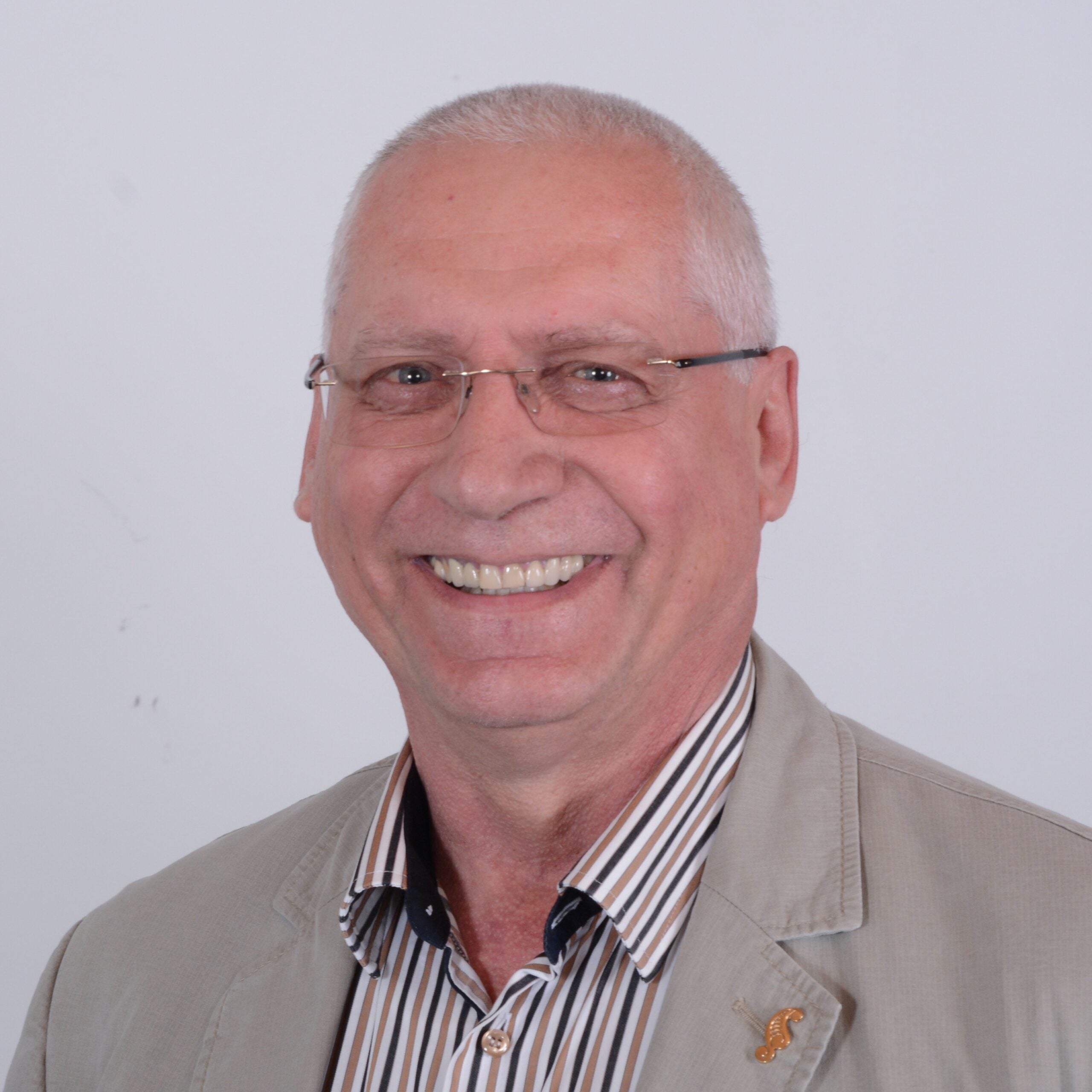
Discover the Highly Cited Researchers 2025 list by the Institute for Scientific Information at Clarivate. Learn how these exceptional scientists and social scientists shape research, drive innovation and elevate standards for research excellence worldwide.
The annual Highly Cited Researchers list identifies and celebrates individuals who have demonstrated significant and broad influence in their fields of research. Through rigorous selection criteria and comprehensive analysis, we recognize researchers whose exceptional and community-wide contributions shape the future of science, technology and academia globally.
Recognizing influential researchers across disciplines and geographies
Since 2001, the Highly Cited Researchers program has celebrated the world’s most influential scientists and social scientists. This year, the Institute for Scientific Information (ISI) at Clarivate awarded 7,131 Highly Cited Researcher awards* to 6,868 individuals in 60 countries and regions, underscoring the global nature of today’s research ecosystem.
Among the 3,562 researcher awards in the 21 Essential Science Indicators (ESI) fields, a select group stands out:
- 227 individuals appear in two or more ESI fields
- 31 appear in three or more fields
In addition to the Highly Cited Researcher awards in the ESI fields, this year there are 3,569 recipients of Cross-field awards. Researchers with cross-field impact are those who contribute multiple Highly Cited Papers in several different fields but do not register enough in any single ESI field to qualify for selection.
How we identify Highly Cited Researchers
As outlined in a recent blog, we are committed to research integrity and our evaluation and selection process continues to evolve, ensuring that recognized researchers meet the criteria we require for the Highly Cited Researchers program.
Our method of identifying Highly Cited Researchers includes not only publication and citation counts but other considerations such as researchers’ community-wide impact, their contemporary influence and the production of original research.
Stories from the Highly Cited Researchers 2025 list
We spoke with four Highly Cited Researchers 2025 about their research, the societal impact of their work and what it means to be named Highly Cited Researcher 2025.
Prof. Sonia I. Seneviratne, ETH Zurich: Investigating the role of land processes in the climate system

Prof. Seneviratne’s research addresses environmental processes related to vegetation and ecosystems and their role in the context of human-induced climate change. She also investigates how human-induced climate change affects changes in climate extremes and associated environmental impacts. Some of her research addresses the role of land use and land cover change for the climate system, e.g. through changes in agricultural management or forest cover.
“On a personal level, I just love doing research and always want to address new research questions. My high motivation and curiosity always drive me to investigate new research areas, and I find it essential to try and provide research of relevance for society.”
Learn more about Prof. Seneviratne’s story here.
Prof. Pete Smith, University of Aberdeen: Engaging in science that helps society live more healthily and sustainably

Prof. Smith’s research centers on how to manage global land resources to benefit the environment, food systems and society. He employs data and ecosystem modelling to inform his work and collaborates widely across disciplines.
“What really gets me out of bed in the morning is doing science that helps us live more healthily and sustainably in the face of multiple global challenges.”
Learn more about Prof. Smith’s story here.
Prof. Edward H. Sargent, Northwestern University: Contributing to energy, sustainability and deep tech

Prof. Sargent’s pioneering work spans the development of new materials and devices for energy conversion, photon sensing and carbon management. He focuses on advancing high-efficiency solar cells, quantum dot-based light sensors and electrocatalytic systems. His and his team’s work have been commercialized in light sensing and photovoltaics.
“We also seek to communicate with policymakers, and with the broader public, about why science and engineering research, and its translations, are important priorities in a just and progressive society.”
Learn more about Prof. Sargent’s story here.
Prof. Dr. Valery L. Feigin, Auckland University of Technology: Providing evidence-based data on stroke epidemiology and prevention

Prof. Dr. Feigin’s research focuses on epidemiology and the prevention of stroke to inform policy makers on priorities, needs for healthcare planning, resource allocation and the evidence-based strategies on the individual and population levels to reduce stroke burden.
His work has translated scientific evidence into actionable policy recommendations and proven effective digital tools for stroke prevention for governments and international organizations.
“Being named a Highly Cited Researcher is an honor for me, as it reflects the exceptional influence and impact of our team’s research on stroke epidemiology and prevention.”
Learn more about Prof. Dr. Feigin’s story here.
Research excellence that drives science and society forward
Our Highly Cited Researchers 2025 exemplify the spirit of innovation and dedication that drives science and society forward. Through their exceptional work, they continue to extend the frontiers of knowledge, and contribute to innovations that make the world healthier, more sustainable and which drive societal impact.
Explore more researcher stories and see our full list of Highly Cited Researchers 2025.
* The number of awards exceeds the number of unique individuals because some researchers are recognized in more than one Essential Science Indicators (ESI) field of research.









